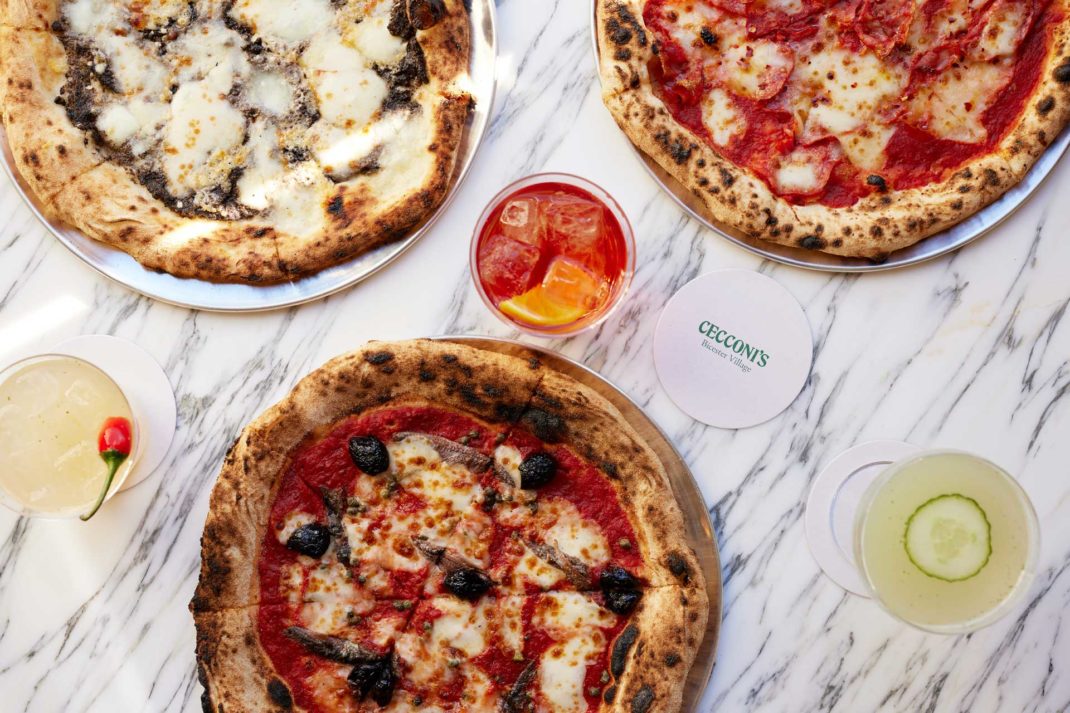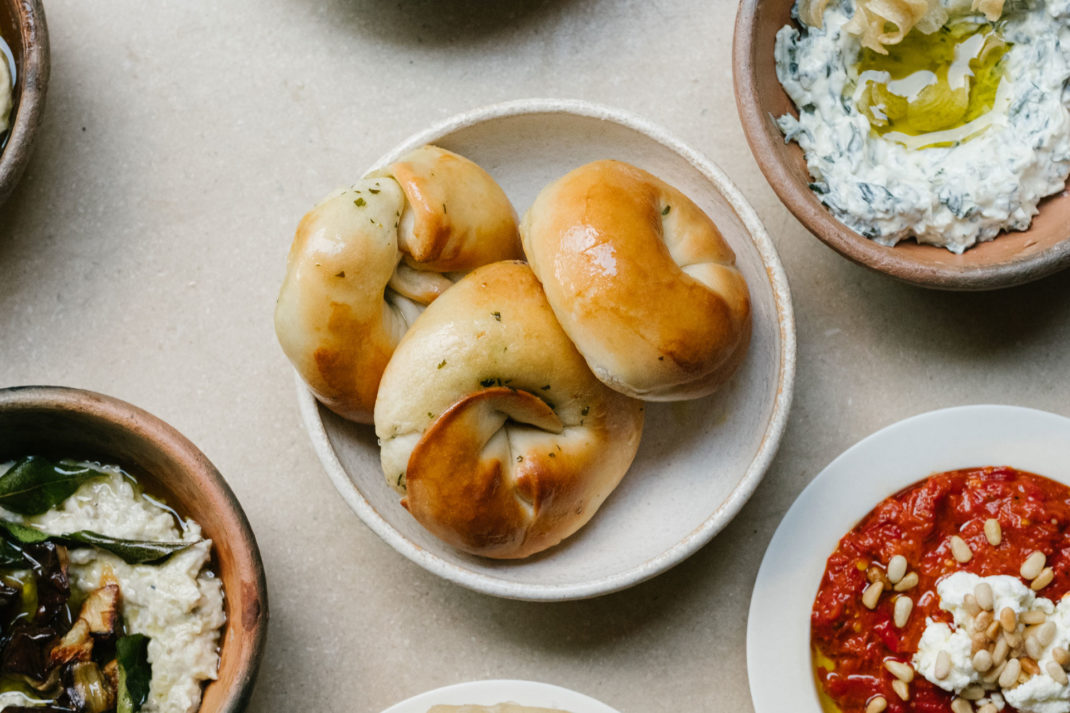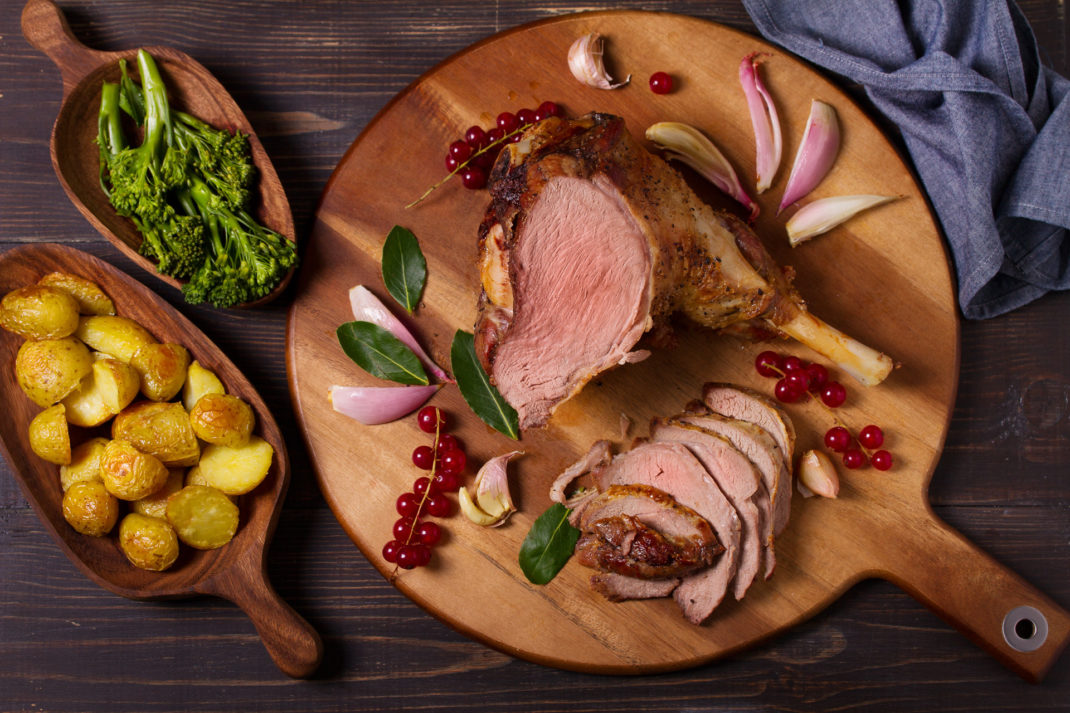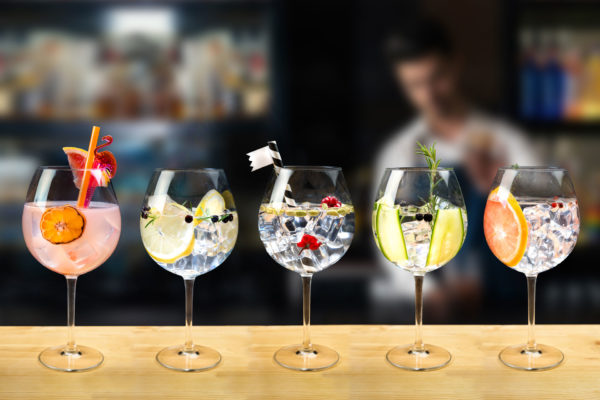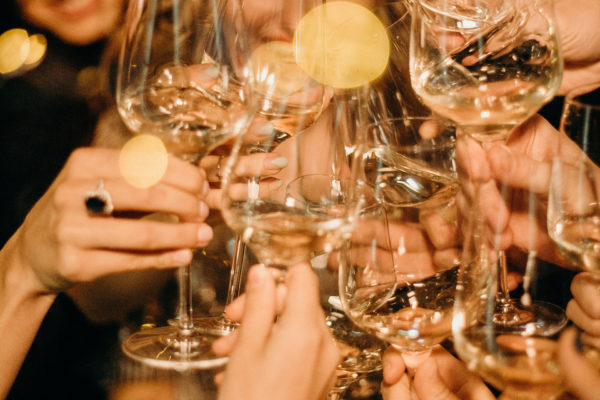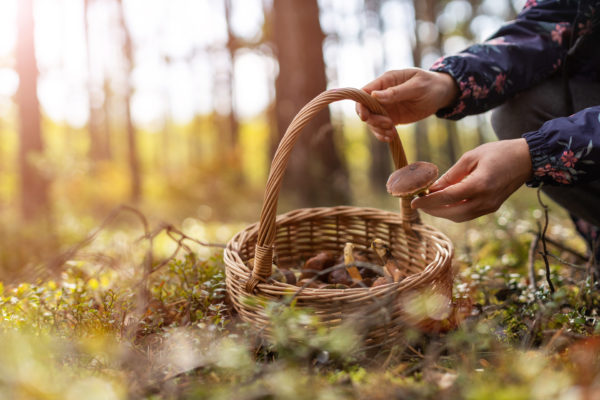
Inside One Of The UK’s Top B Corp Gin Distilleries
By
8 months ago
The founders of Warner's Distillery tell their story
We all love a G&T – but it tastes even better if we can sip knowing the spirit is blended in harmony with the planet. A shining example? Warner’s Distillery, the B Corp-certified gin brand based on a farm in Northamptonshire. Husband-and-wife duo Tom and Tina Warner, along with their team, lovingly craft the gin through nature using ingredients directly from the botanical gardens, hedgerows, and natural springs of its farm estate – which dates back to the 13th century. With over 850 craft distilleries in the UK, it’s not difficult to see how and why they shine above a crowded market. Jenny Jefferies caught up with Tom and Tina to find out more.
Interview with Warner’s Distillery Founders Tom and Tina Warner
How much pressure is there for British farmers to diversify?
Tom: Diversification is not mandatory, but farming incomes are pressurised in this country so many farmers are turning to this to drive additional revenue through family assets. British farmers are under huge pressure from all angles. We make the highest quality food in the world using the best animal welfare and crop management systems whilst competing against aggressive global systems and international commodity prices, in a British supermarket dominated retail environment, where everybody wants their food to be the cheapest.
Farmers are also under a spotlight for environmental issues like carbon footprint and nature depletion, so the farming industry is on a mission to deliver for British consumers on these metrics. Diversification allows farmers to connect directly with consumers, as they tend to be unprocessed whole foods, and they create products that connect people to what’s real and what truly matters. It takes their produce beyond price and enables them to lower food miles, have a sustainable business and drive money into the local economy. The acid test is whether consumers actually value this, because we all vote with our money.
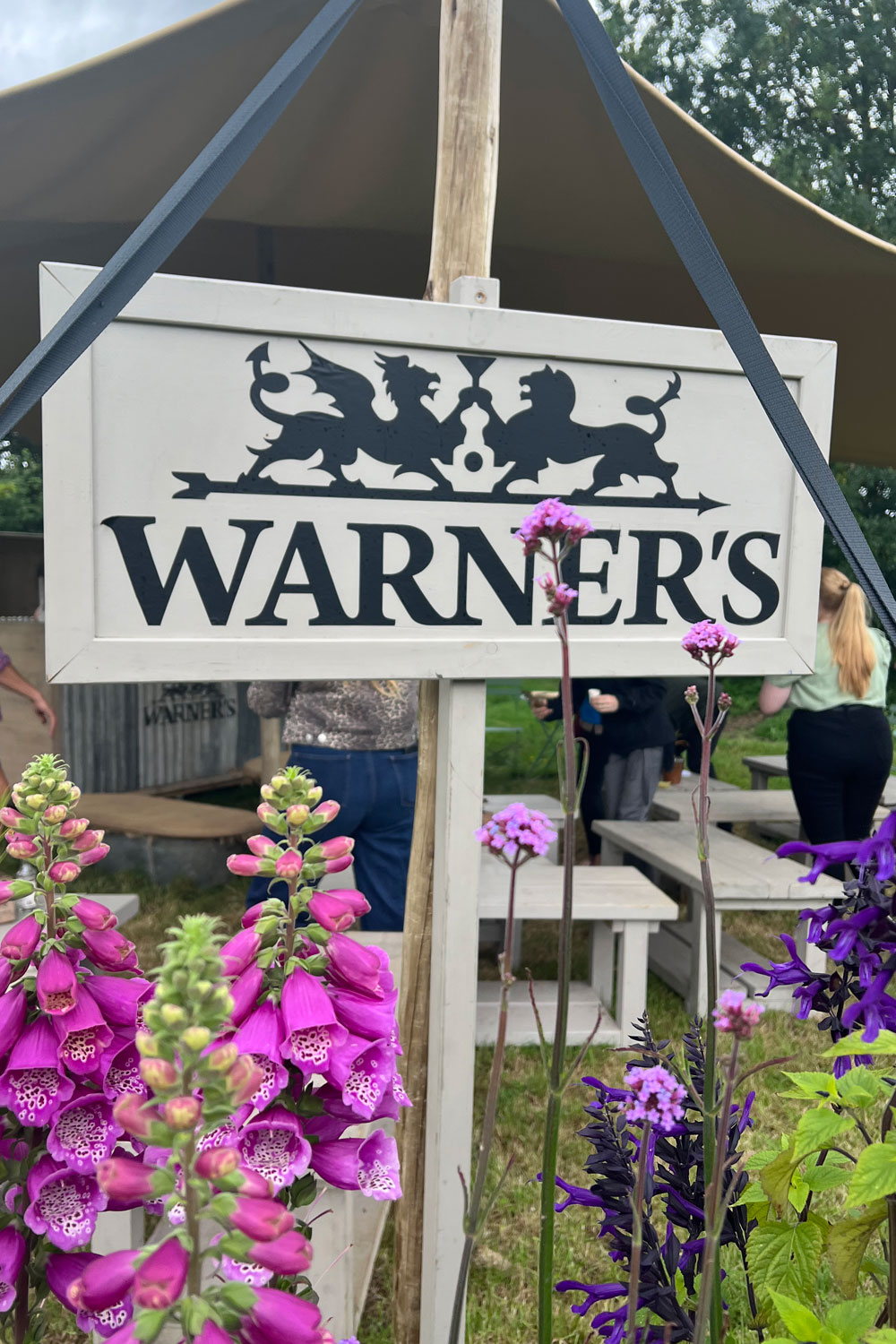
All of your flavoured gin is 100 percent natural – how important is it to you to not use flavouring or synthetics?
Tom: This is fundamental to our business, we want people to taste nature and all she has to offer, and not manufactured flavourings which are standardised and used across multiple products – only Warner’s tastes of Warner’s. Many other products use the same ingredients and real flavours support more locally grown and nature positive ingredients. The best example is that a third of each bottle of our famous rhubarb gin is real rhubarb juice.
Tell us more about your brand new nature tour…
Tina: Our key USP, in a very crowded market, is the hard work we put into producing our own ingredients and the fantastic support this gives nature. Our nature experiences are a total escape for people that want to come and learn about the British countryside, nature conservation, horticulture, and beekeeping with a healthy sprinkling of the tastiest spirits and some cocktail making.
What sets you apart from other distilleries?
Tina: We have led the charge on challenging the status quo in the industry for the last 12 years, doing many firsts for the British craft distilling industry and proving that you don’t have to use flavours and that you can work in symbiosis with nature. We use more fruit and grow more botanicals than any other distillery in the country to make our products under our belief that ‘real tastes better’ i.e. no flavourings, British-grown produce and home-grown fresh ingredients. All of our actions not only quantifiably taste better but they also make room for nature. Small doesn’t mean good; as a small producer you have to be exponentially better than the mass produced brands because they have the ability to spend huge amounts on advertising. A layer above this we are also a carbon neutral operation, B Corp certified and BRC grade AA, denoting a business that is using itself as a force for good in the world and operating at the highest quality.
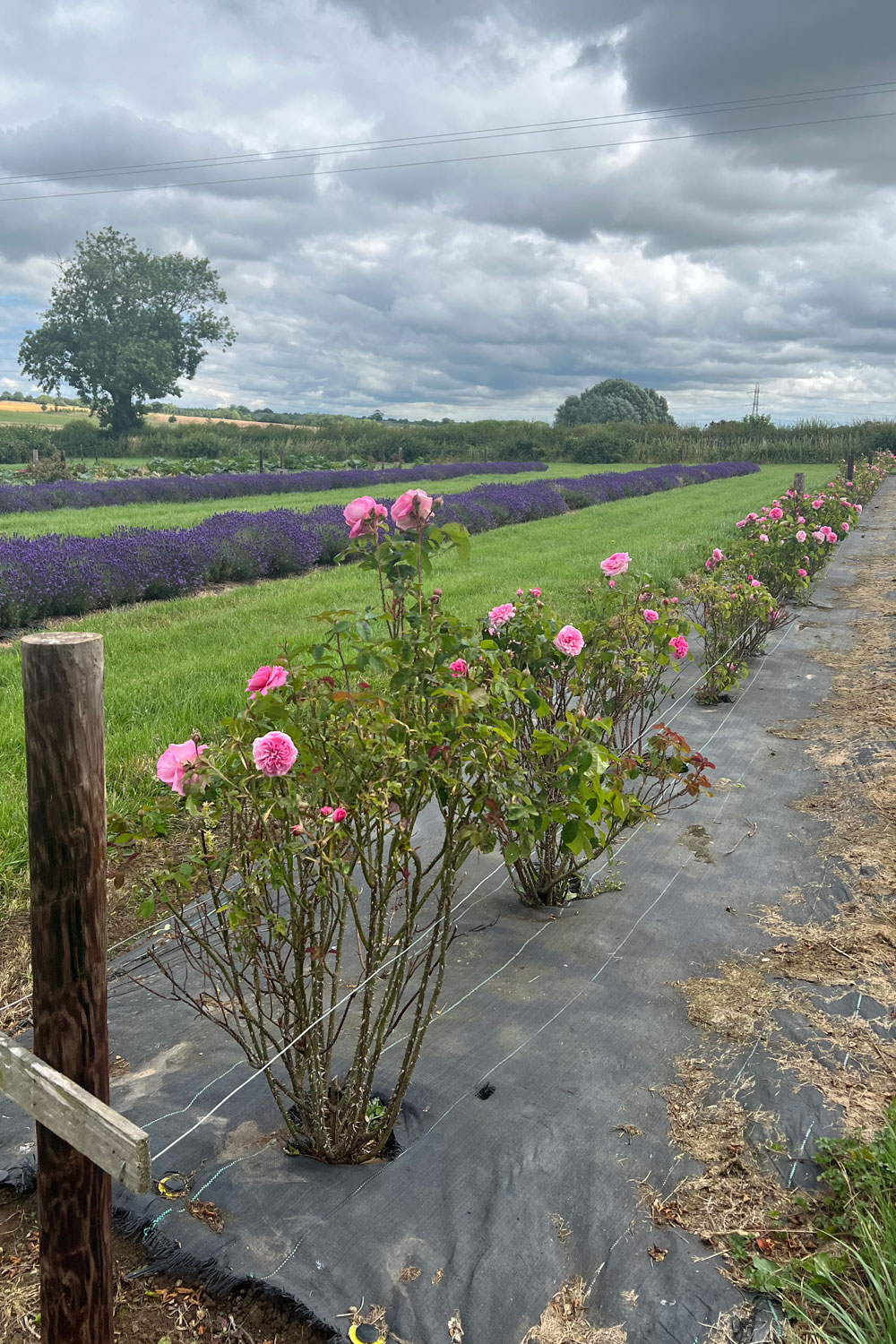
You also champion the community by initiating a local sloe gin swap – can you tell us more about this?
Tom: We have done this every year since 2013. We invite Warner’s fans (new and old), from far and wide to hand pick British sloe berries on our behalf – and it’s worth it for them, because we pay them in gin. This year we have the Sloe Swap pencilled in for the first week of September – we keep an eye on the weather over the summer, and the berries to work out the weekend to get the best yield. As founders, we love it – we love throwing open the doors to the farm and showing people what we do, it’s a great chance to tell our story.
How do you combine both quality in flavour with biodiversity?
Tom: It’s not hard, they go directly hand in hand. Alcoholic products are the only thing we all buy and consume that do not require ingredients on the back of pack, this is why some of the choices people make when creating products are disappointing. With a lens of making the tastiest drinks in the world, you end up using the best ingredients – no flavourings, actual blossoms, juices and fruits – these in turn create biodiversity in their natural growing cycles. We also grow many of our own ingredients at the farm. We worked with the University of Nottingham to look at the flavour compounds in our home grown ingredients to qualify that real actually tastes better. So we grow our own to make tastier drinks but we also transform a monoculture into a rich biodiverse environment.
You have an ethos of ‘great taste with waste’, along with an emphasis upon a composite of ‘trash and treasure’. How does this work?
Tina: Warner’s designs products around the British countryside, supporting British farming and biodiversity. Our new brand Trash and Treasure gives us an easy-to-understand vehicle to help the planet in a separate way by utilising waste streams from other manufactures to make very tasty and fun spirits. Waste lemon, pineapple and mango peels and over ripe bananas are distilled into fantastic spirits like a tropical rum, banana rum and a citrus vodka.
Where do you see your family farming business in 10 years time?
Tom: We want to be globally renowned for the tastiest, natural and nature positive spirits. We would love the farm to be a mecca for nature and nature tourism as we continue to connect people to what’s real and truly matters in life. My mum, who was an amazing cook and host, would be so proud to see us hosting visitors from all over the world to experience her gardens and farm with fantastic hospitality. I would like us to be driving real stakeholder engagement and help consumers relax and unwind, whilst making easy decisions to help the planet and also drive actions in their own lives to help the planet.
Find out more at warnersdistillery.com

